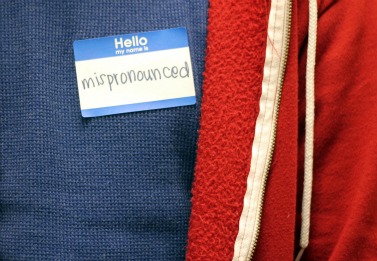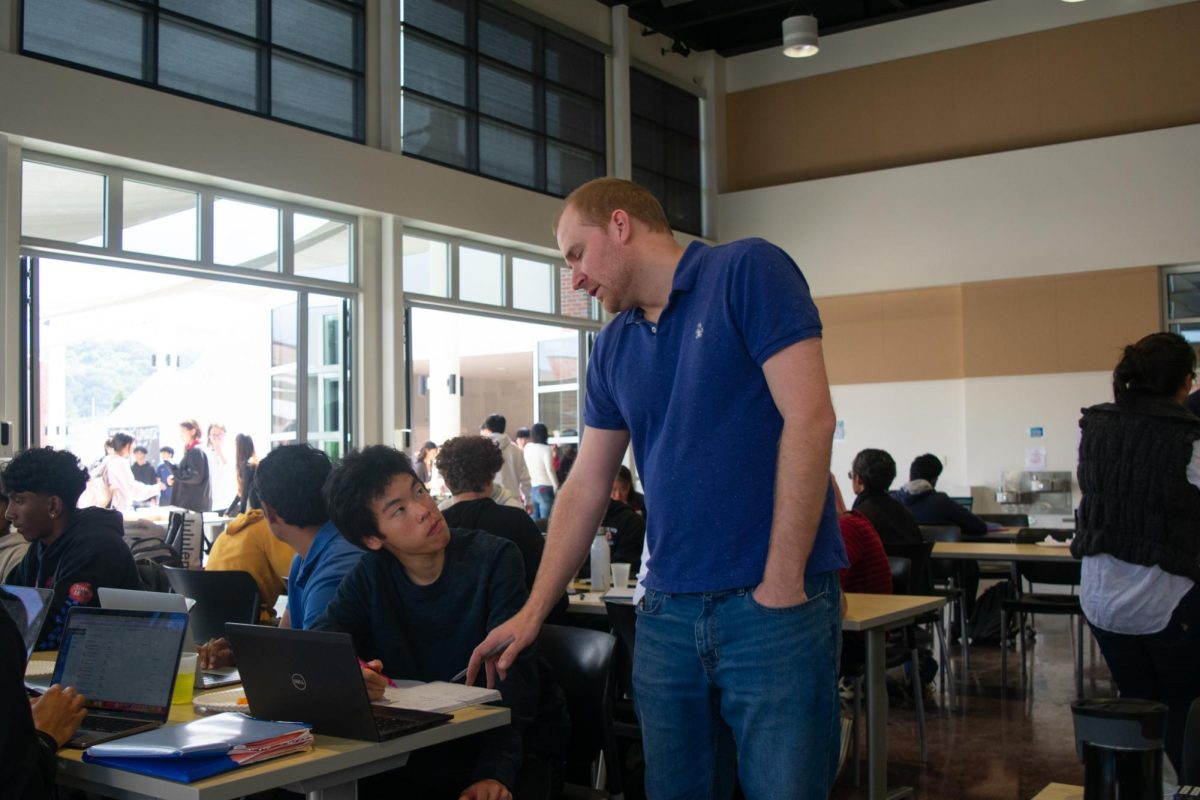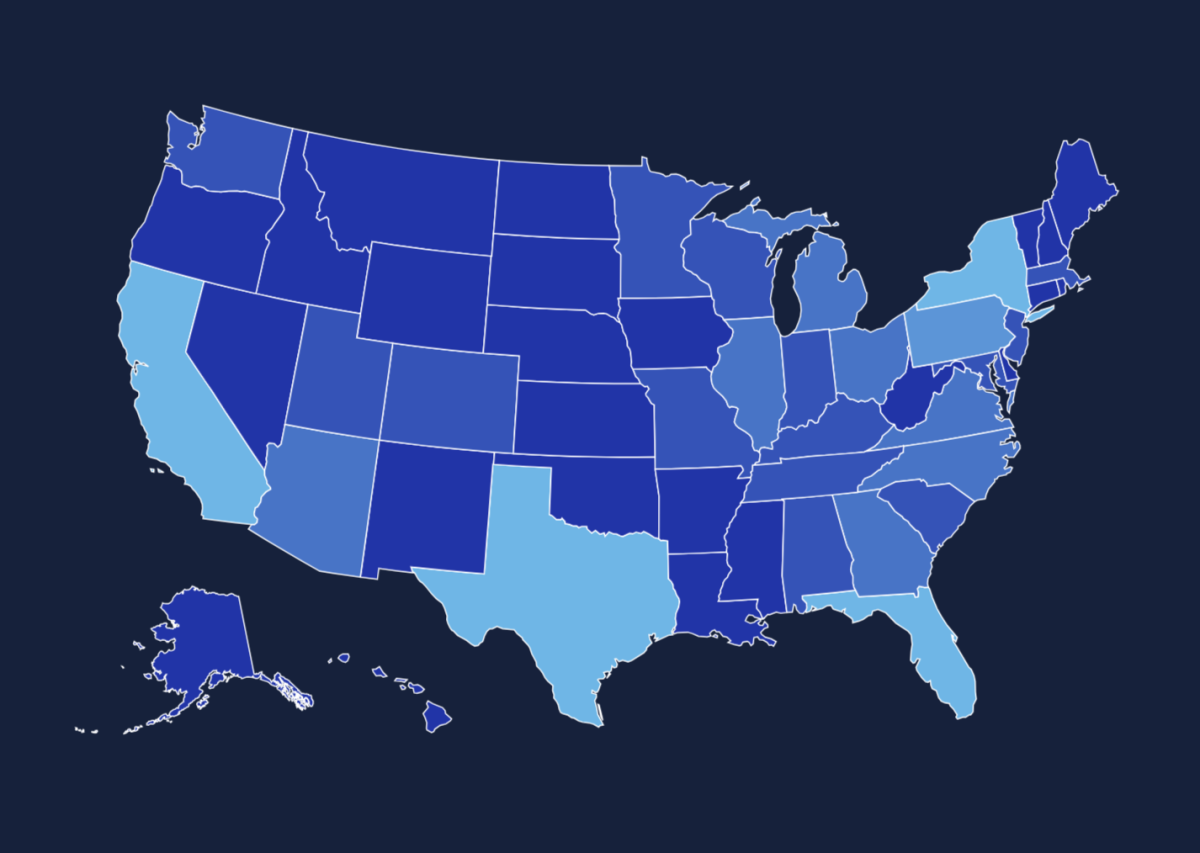 East and South Asian names are commonly mispronounced, but reactions differ
East and South Asian names are commonly mispronounced, but reactions differ
![]() This project relates to content in the March 9 El Estoque Print issue.
This project relates to content in the March 9 El Estoque Print issue.

The substitute is going down the attendance sheet. Before the substitute reaches “V” someone yells, “Stop, don’t say it. I’ll say my name for you”. Junior Yasaswi Vengalasetti is all too used to getting his name mispronounced. Vengalasetti is just one example of the many East and South Asians throughout campus constantly having to correct a teacher when they do role call.
There is no rule set in stone on how people change their names, but there are common themes that run throughout their separate cultures. Both get mispronounced and both are not traditional American names, but the way the names are treated is very different.
Keeping the meaning in mind
With a high population of South Asians, many throughout campus choose to not change their names. Some students shorten their names in order to make them easier to pronounce, but unlike many East Asians they do not change their name to an American name.
“I think it is more tradition [because] I don’t think its right to change your name,” junior Retesh Bhan said. “You’re born with one name, you just keep that name.”
According to junior Srinivasan Srikumar, Indians respect their names. Despite the the numerous mispronunciations by teachers and peers, many just stick with the name their given.
“It is more of a cultural thing,” Srikumar said. “For me, my name has more meaning beyond just [a name]. Indians just want to hold on to that.”
For example, Yasaswi means “success” and “fame” and Retesh means “truth”—both chosen by the parents, in hopes that their life may be similar to what their name means.
Changing to an American name
On the other hand, some East Asians see their names as difficult to pronounce because many traditional names consist of two words. In addition, the phonetics behind East Asian names do not follow the same phonics in America. To prevent people from constantly mispronouncing their name , some students change their name to something simpler.
“My dad just changed my name,” sophomore Jennifer Yoo said. “It’s easier to say. It would be so embarrassing if everyone called me by my Korean name.”
Although Yoo’s Korean name has a special meaning of “shine bright,” the significance makes little difference when it comes to changing it. As far as observations are concerned, your Asian name is for your Asian family. When it comes to schooling and friends, a simpler name makes a better fit.
Some change their name through their own choosing. They will phonetically sound their Asian name and pick a similar American name. In other cases, they will simply choose a completely different name with no relation to their original name.
East and South Asian names do have meaning behind them. However, according to Yoo, the difficulty to pronounce a name makes it less ideal to have everyone call them by their real name.
Ultimately, it is a personal decision—whether you choose to stay true to your family roots and suffer through mispronunciations, or you change it, so there is one less name the substitute stumbles upon.
{cc-by-nd}





















